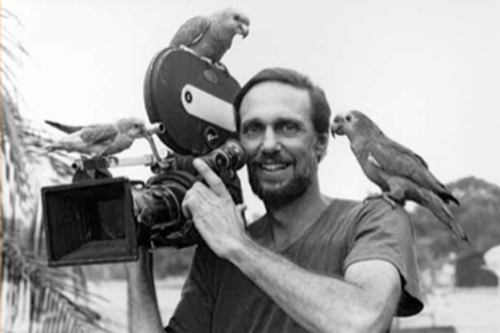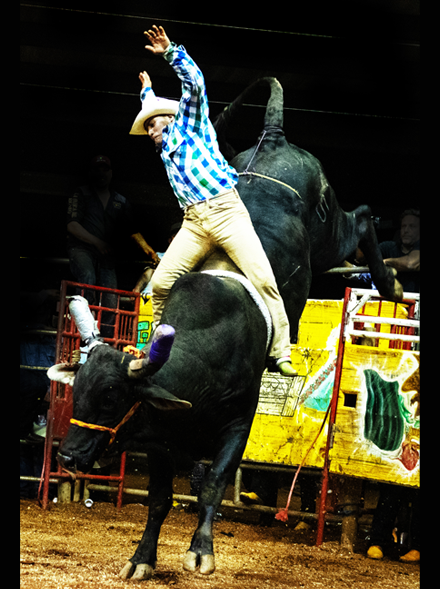
NC Latin American Film Festival explores the “western” frontiers of South America
The 39th Annual North Carolina Latin American Film Festival (NCLAFF) returns to Durham and Chapel Hill on Oct. 7, 2024.
All events run through Oct. 26 and are free and open to the public, presented by The Consortium in Latin American and Caribbean Studies at the University of North Carolina at Chapel Hill and Duke University.
NCLAFF explores the Western film genre this year as it celebrates the power and artistry of Latin America’s feature films, documentaries, short films, and animations. As in the United States, Europeans arrived in Latin America and the Caribbean as a colonial power and followed a similar pattern of exploitation and displacement of indigenous peoples.
In many of this year’s selections, a sort of audiovisual “Wild West” with gender undertones reminds us how hostile spaces, sparsely populated, were (and still are) victims of hired gunslinger characters that came to pacify the Indigenous menace to development. Western narratives of progress are seen in many of the films as an attempt to tame territories rich in natural resources at the expense of the communities that inhabited them.

In addition, NCLAFF will celebrate the legendary Brazilian director Jorge Bodanzky on Friday, Oct. 25 with an NCLAFF Conversation exploring his nearly 50-year career as a documentary filmmaker. It begins at 10:30 a.m. in the Ahmadieh Family Lecture Hall, Bay 4, C105, in Smith Warehouse at Duke University, with a discussion of his most well-known film, “Iracema,” and ends around 2:30 p.m. Lunch will be provided.
Bodanzky’s film “Amazónia: A Nova Minamata? (A New Minamata?)” will be screened on Thursday, Oct. 24 at the Nasher Museum of Art auditorium followed by a Q&A with Bodanzky and Duke associate professor Gustavo Furtado.

On Tuesday, Oct. 8, local filmmaker Rodrigo Dorfman follows up his last year’s film “Toros y Santos (Bulls and Saints)” with part two, “Desobediente (The Disobedient One)” a documentary about Mexican bull riders which incorporates the paintings of Cornelio Campos illustrating the myths behind the story. It will be shown Tuesday, Oct. 8 in the Carolina Theatre of Durham. A Q&A will follow.
The short film “Sanar la tierra (Healing Earth),” directed by Lilian Paola Ovalle, will accompany the program.
Many of the films will be accompanied by shorts from the 68 voces, 68 hearts (68 Voices, 68 Hearts) project founded and directed by Gabriella Badillo, who attempts to portray Mexico’s 68 indigenous linguistic groups in audiovisual stories. Through animation, 68 Voces presents stories, myths, and folk stories of the indigenous peoples of Mexico in their languages.
Badillo will be artist in residence at the Duke Center for Latin America and Caribbean Studies from November 4-10.
For a complete list of NCLAFF films and events, please consult the website: https://nclatinamericanfilmfestival.org/
The North Carolina Latin American Film Festival is made possible by the generous support of the U.S. Department of Education and the Andrew W. Mellon Foundation and our sponsors the Carolina Theatre of Durham, Duke Cinematic Arts Screen/Society, the Nasher Museum of Art, the Franklin Humanities Institute, the Department of Romance Studies at UNC-Chapel Hill, the 9th Annual El Quixote Festival, and Pragda Spanish Film Club.
Contact:
Miguel Rojas-Sotelo, Festival Director
miguelrojassotelo@duke.edu